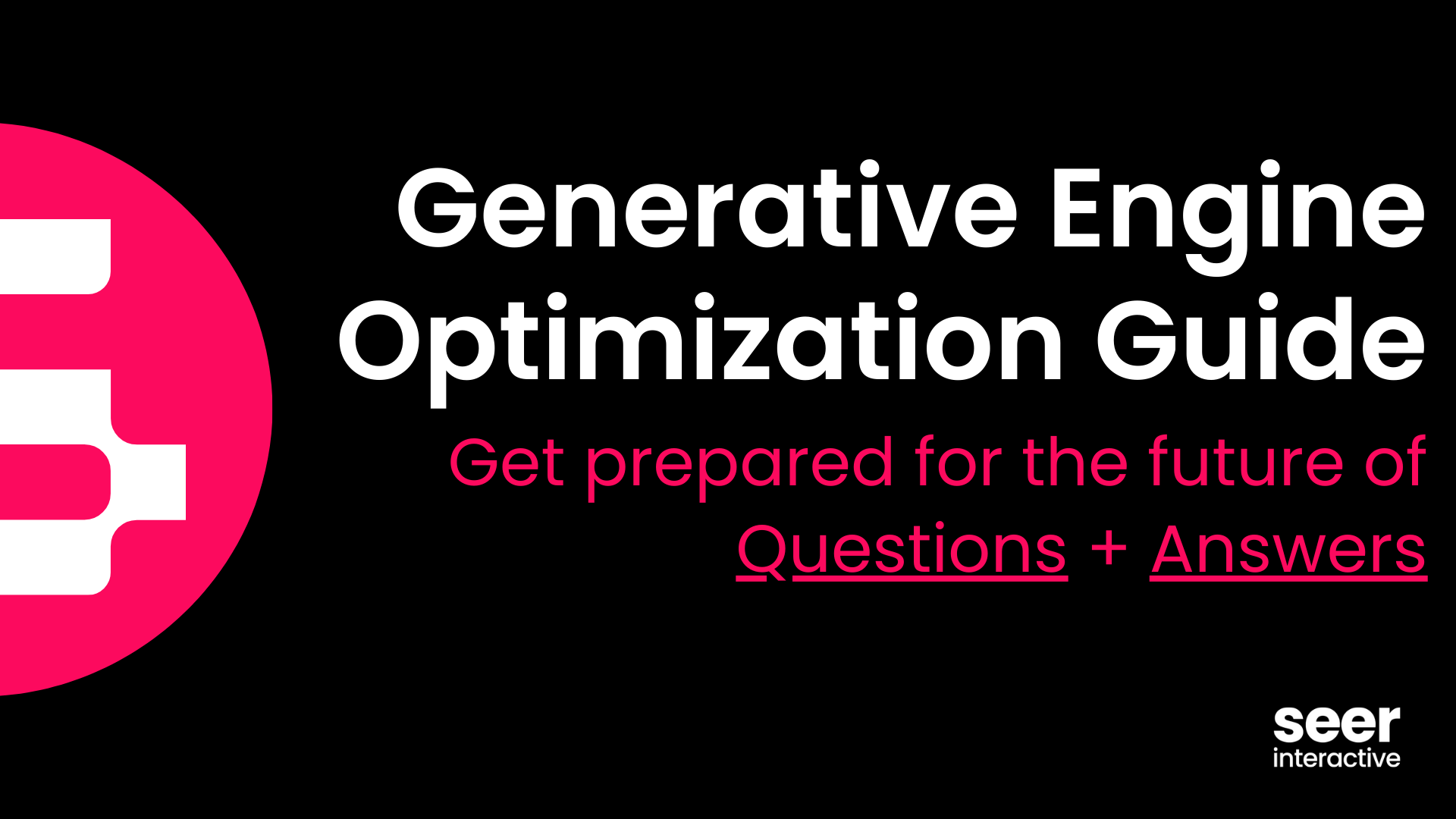Project management is important because it ensures proper expectations are set around what can be delivered, by when, and for how much.
The key to successful project management comes down to understanding your client as a human. As someone new to a project or meeting a client team for the first time, it is critical to leverage this opportunity as a time to get to know the client.
Know your audience
You’re just kicking off a project and starting to build rapport with your clients. This is the perfect time to ask questions about their communication and work styles. It is much easier to navigate this conversation at the beginning of an engagement, project, or transition. Use this time to really understand who you are working with, what motivates them, and how you should (and when) communicate to them.
Communicate, and Communicate Often
You know what you know and you have to be told what you don’t know. The same thing goes for your client. We as agency folk are communicating about a client’s project all the time - and we are super focused on a specific piece of their marketing pie, SEO. Your client may be pulled a million different ways. Over-communicate timelines, deadlines, and project status updates to ensure everyone is on the same page.
Listen to your client
Sit back and listen. Use cues from the conversations you have with your client on or offline to understand what they need from you in order to be successful. Take the time to really ask meaningful and thoughtful questions. The more open-ended your questions are the more time you can spend listening to your clients’ thoughts, concerns, and wishes. All this information allows us to be more informed SEO consultants and we can leverage it in the way we communicate and design our projects.
Build a client glossary
Have you ever been to a foreign country and you don't speak the language? It may have been rather challenging to figure out how to effectively communicate with locals. You may have pulled up your phone and Googled a few keywords that would make your time navigating this new land a little easier.
The same can be applied to our clients. We speak different languages. They have specific industry terms, abbreviations and other jargon that will feel foreign to us. And vice versa for them. Build out a glossary that clearly outlines key phrases that can make communicating easier. Continue building out that glossary as time goes on to make for easier transitions on the project for either a new client or internal team point of contact change.
Be an educator
We spend a lot of time learning about our specific fields while our client point of contact may be spread thin as they impact multiple channels within their marketing mix. Remember that they hired you as their agency because you’re a dedicated expert in your specialty. Begin with the basics whenever you are presenting a new concept or portion of your project. From there, you can gauge your client's knowledge and expertise in a given area. This will dictate how much education you’ll need to include throughout your project which will also impact your timelines.
Ask thoughtful & strategic questions
On the flip side, we are not experts in their specific industry. You may work with a client that is in a super complex industry, for example - water technology. Let’s also not forget that you may be working on multiple projects each that range in company size, industry and complexity. It is okay to continue to ask thoughtful questions to your clients about their business. By doing so, you are increasing your efficiencies because you are truly understanding how their business work and where their priorities lie.
Keep the project moving
Your project plan is a living and breathing document. It is always changing depending on how you and your client progress on specific project items. Nothing will be perfect and it is easy to communicate this from the start. The project plan sets a tentative schedule in an ideal world - and guess what, you won’t always face ideal circumstances. Update your project plan regularly, flag areas that you tend to see bottlenecks early and communicate the changes with your client.
Interested in learning about the key to a successful SEO project? Check out 8 Tips to Write More Effective SEO Reports.


